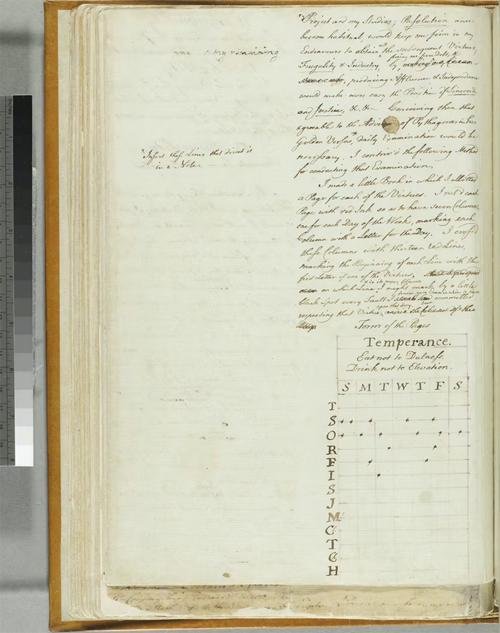family
Unlock Your Success: Why Making an ‘Old Year’s Resolution’ is the Key to New Year Triumph

This New Year’s season brings a traditional wave of resolutions geared toward self-improvement, often initiated on January 1. However, statistics reveal a sobering truth: only about half of these resolutions endure beyond January.
Experts in positive psychology are advocating for a different approach, termed the “old year’s resolution.” This concept intertwines insights from psychology with the strategies of Benjamin Franklin, America’s early self-improvement pioneer. Unlike conventional New Year’s resolutions, the old year’s resolution allows individuals to begin their journey of change before the calendar flips.
Research indicates that many individuals struggle with the pressure of New Year’s resolutions, often leading to frustration and abandonment of their goals. Starting prior to January 1 offers a critical advantage: it allows for practice. By identifying a change—be it healthier eating, increased savings, or enhanced physical activity—individuals can begin making adjustments before the official start date.
The idea is simple. As January approaches, individuals should track their progress and view any missteps as learning opportunities rather than failures. Psychologist Carol Dweck emphasizes that recognizing failure as part of the growth process can boost persistence. When one perceives setbacks as signs of incapability, the risk of giving up altogether increases.
Historically, this method echoes Franklin’s own approach to self-betterment. Young Franklin aimed for moral perfection, targeting thirteen virtues. He adopted a systematic strategy, focusing on one virtue at a time, similar to how a gardener tends to one bed of plants. Franklin understood that self-improvement is a long-term endeavor, not confined to a specific time frame.
Documenting progress is vital. Franklin recorded his slips but celebrated his successes as well, a practice supported by modern habit experts like B.J. Fogg. Repeated attempts can build resilience rather than deter effort. Franklin ultimately learned that his goals, while ambitious, were not about achieving perfection but about continuous self-improvement. His journey led to a better and happier life.
Individuals can replicate Franklin’s success by starting their self-improvement projects today, viewing these initiatives as ongoing journeys rather than finite tasks. As Franklin once noted, “Resolve to perform what you ought; perform without fail what you resolve.”


















